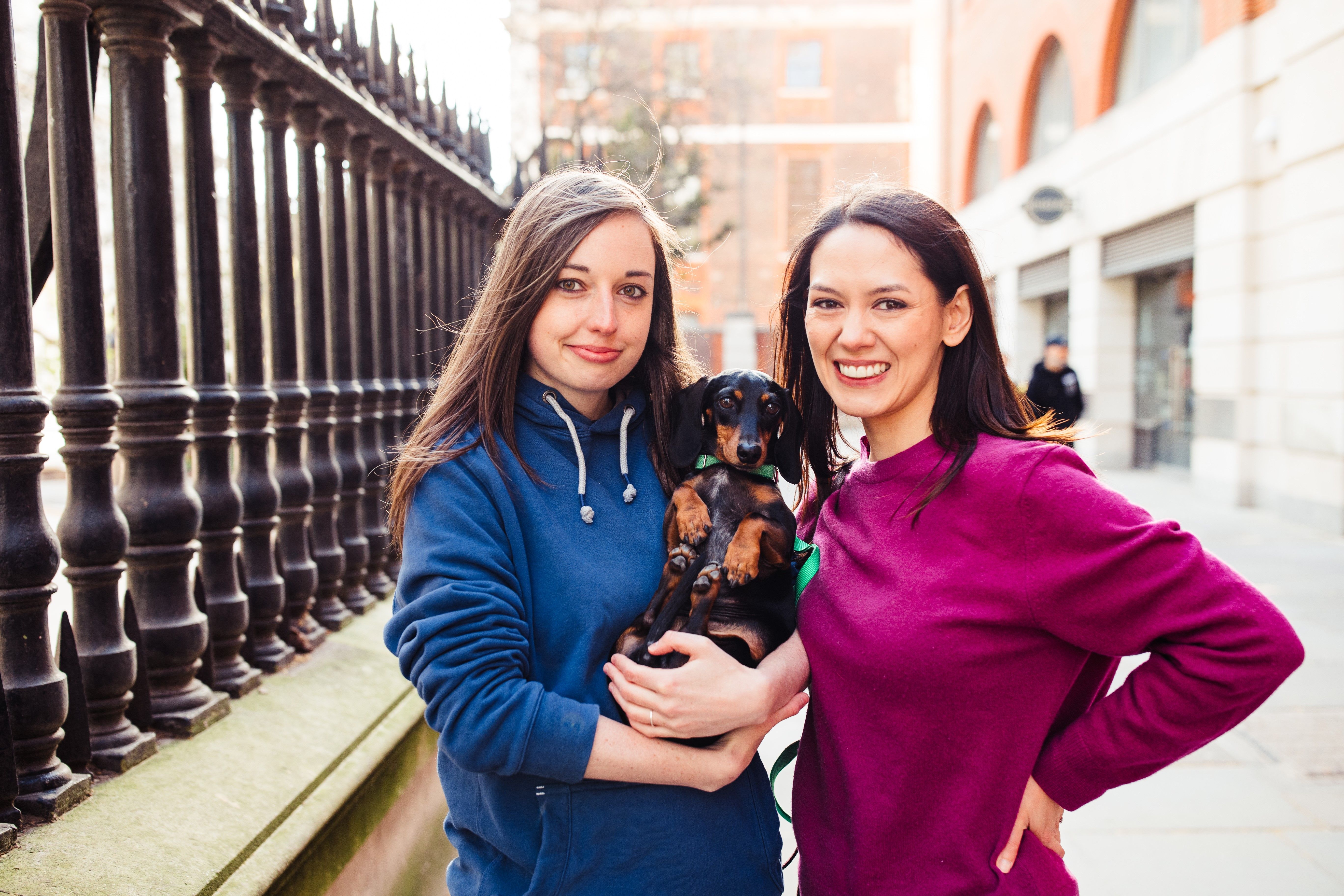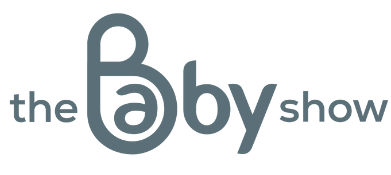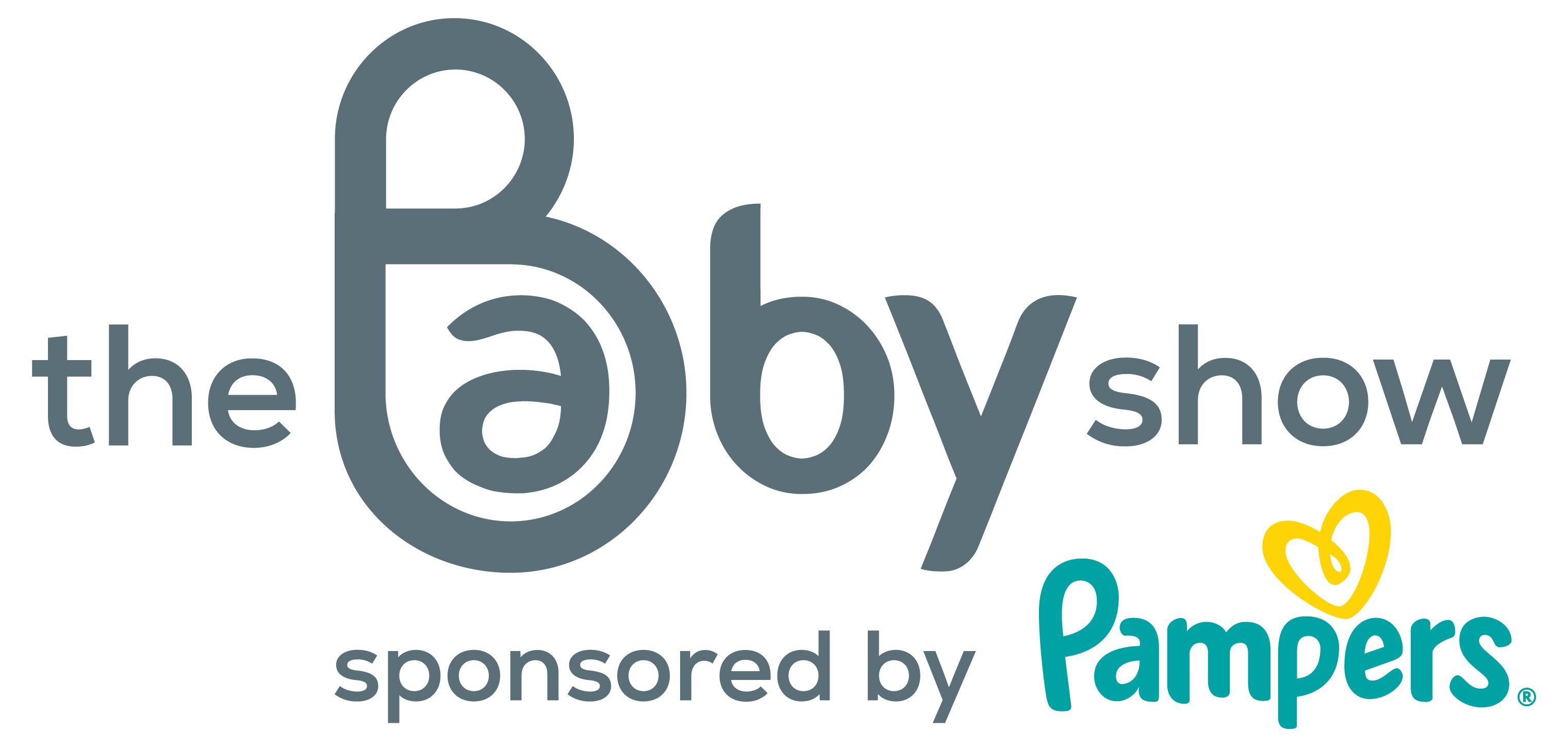"We're both the real mums". One couple's reciprocal IVF journey
)
"Who's the real mum?" is a question that many lesbian parents brace themselves for, rehearsing the answer "we both are". This answer may or may not be accompanied with a diplomatic explanation depending on the nature of the relationship with the person asking.
Society wrongly still has a desire to define "real" motherhood according to genetics and gestation. Add to this the fact that LGBT parenthood comes with a whole host of medical, financial, legal and ethical issues which offer more opportunities for conflict to surface, and the daunting prospect of becoming an LGBT parent becomes even more apparent. Deciding to grow our family (our sausage dog Mildred will always be the first-born) required a deep dive into our emotions, finances, the law and means repeatedly advocating for ourselves in social and healthcare settings more than heterosexual couples.
The route we have taken to becoming parents, reciprocal IVF, also known as shared motherhood, is for various reasons, not common. We are married and Catherine (30) is the biological mother of our unborn daughter and Grace (36) is the gestational mother, pregnant with Catherine's embryo. Biology and gestation are both major bonding components, though not the only ones of course, and we chose reciprocal IVF as it offers us each the experience of one component. We're both real mums regardless of how our child comes into our lives, but we still have to fight for this recognition.
The path to parenthood has not come without practical and emotional challenges. These differ according to our roles in the pregnancy, so allow us to share some of our individual experiences.
Catherine (the biological mum)
I never imagined reciprocal IVF would be possible for me. Though I knew I wanted to be a parent, I’d never wanted to be pregnant and assumed I wouldn’t have a biological or gestational connection to my child. However, as we explored paths to LGBT parenthood, I came to realise how much being a physical part of the process of creating our child meant to me.
I felt very involved when I was preparing my body for egg retrieval (though I definitely don’t miss the hardcore fertility diet and green smoothies). But once I had "done my bit" and the embryos were waiting to be transferred to Grace, the dynamic changed. I was no longer a patient but a "partner" sat in the clinic waiting room while COVID restrictions dictated that Grace attend her appointments solo. I was thankfully present for the embryo transfers though.
Preparing to be a mother is exciting but it is difficult when the type of mother I’ll be doesn’t fit with societal norms. Having legal recognition of our parental status in the UK is a major advantage - we will both be on the birth certificate - but it’s also something the world is still adjusting to, even in progressive settings like London where we live.
I've encountered numerous admin-related scenarios, such as signing up for antenatal classes and the initial midwife self-referral, where it felt like there was no clear space for me on forms and I'm less relevant. It’s often awkward to explain to healthcare professionals that they do in fact need both of our information and to squish it into the "other comments" box; they need to know both my medical history and hereditary conditions which could potentially affect our child, as well as Grace’s which could affect her pregnancy and birth experience.
Repeatedly explaining our path to parenthood is exhausting and reinforces my fears of being less important as the non-gestational mother.
Grace and I try to make sure that I feel as involved as possible throughout the pregnancy. I do the majority of the reading and researching (I’ve become an expert in buggies!), I cook, and Grace shares what's going on with her body.
There will be many occasions where being the non-gestational mother poses difficulties, including after the birth, but I hope that talking openly, particularly in healthcare settings, means we can play a part in challenging the status quo. Communication is critical.
Grace (the gestational mum)
Emotions around not being the genetic mother are far from straightforward to navigate - both other people's reactions and my own feelings.
For example, this was one person's reaction to our choice to do reciprocal IVF: "Wait. You are taking all the risks of childbirth when the child has none of your DNA. Can you please consider being fertilised and also bear the child?" I was offended. As if our daughter having my DNA suddenly makes the risk any more worth it and makes her more mine. It also completely dismisses the risks that Catherine was exposed to during egg retrieval.
When it comes to my own emotions, naturally, I catch myself daydreaming about our future daughter. The default is to imagine a mini me but of course, as she's not biologically mine, she won't have the mole on her cheek that the women on my mum's side all have and she (fortunately) won't have sticky out ears like everyone on my dad's side. I presume she will hate sports but this may very well not be the case! When I remind myself of this, I confess there is still a tinge of sadness. I have to come to terms with the loss of a genetic connection with my child - something I'd always unconsciously assumed I would have. It's a journey. This loss, however, does not mean I would choose another route to parenthood or that I feel any less of a mother. When our first attempt at having a baby didn't work out, the devastation hit me like a ton of bricks and confirmed how invested I am in the family Catherine and I are building together.
I am the one who, so far, gets to experience most of the firsts. First to feel pregnant and first to feel her flutter kicks a few seconds before telling Catherine. I get attention from people because they can clearly see that I'm pregnant. I am our daughter's first also. The first mother's heartbeat she feels, the first voice she hears. It's simultaneously amazing and surreal to watch my body change as I keep her body alive.
In an attempt to pass on my passion for music, I've been playing the piano and singing far more since early pregnancy. I intend on birthing a musical prodigy with a penchant for Bach. Time will tell of this works as I have no idea of the science behind it, but I'm having fun and bonding while doing it. She is mine too and we have so many adventures ahead.
Conclusion
Our daughter is and always will be equally ours. Knowing this does not mean our insecurities have gone; we aren't sure if they ever will resolve, but we are so grateful to have the privilege of jointly creating our child as a lesbian couple. In time, thoughts of whose egg she came from and who carried her will fade. We have a lifetime to bond with her.
About
Grace Ang-Lygate and Catherine Hennigan are married young professionals living on the outskirts of London. You can follow their journey to LGBT parenthood, along with their beloved influencer sausage dog's preparations for becoming a big sister, on Instagram @mildredthesausage.

Photo credit: Kristian Lissimore

